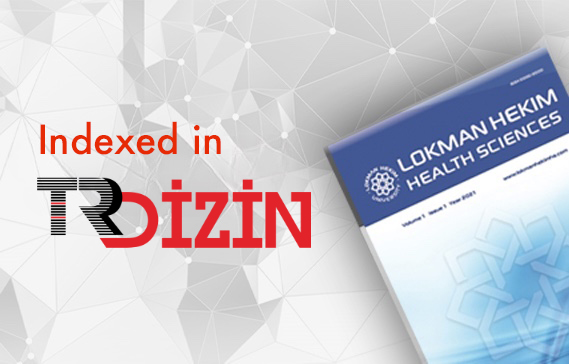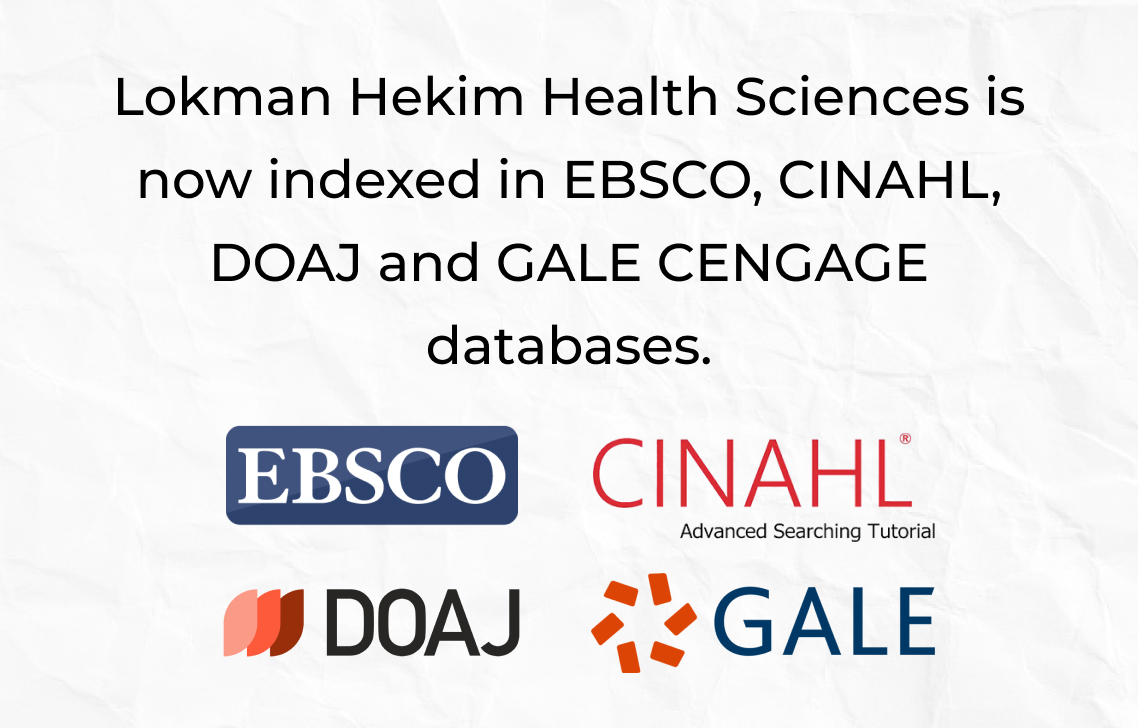2Department of Nursing, Çankırı Karatekin University, Faculty of Health Sciences, Çankırı, Türkiye
Abstract
Introduction: The rapid digitalization of healthcare has led to increased use of telehealth in nursing practice. This study aimed to examine the relationship between Turkish nurses’ levels of digital competence and their attitudes toward the use of telehealth.
Materials and Methods: A descriptive cross-sectional research design was employed. Actively working nurses across Türkiye were selected for the study. Data were collected between December 5, 2024, and January 5, 2025, through an online survey utilizing a nurse demographic information form, the Digital Competence Scale, and the Nurses' Attitudes Toward the Use of Telehealth Scale (NATUTS). Descriptive statistics, independent-samples t-test, one-way analysis of variance, Pearson correlation analysis, and multiple linear regression analysis were used for data analysis.
Results: A total of 280 actively working nurses across Türkiye were included in the study. The majority of the participating nurses were aged 40 years or younger (81.4%), female (86.4%), and held a bachelor's degree. Older nurses and those with longer professional experience exhibited higher levels of digital anxiety and lower total NATUTS scores (p<0.05). Nurses' perceptions of digital competence (B=0.312, p<0.05), digital adaptability (B=0.848, p<0.001), and digital anxiety (B=-1.264, p<0.001) were identified as significant predictors of NATUTS scores.
Discussion and Conclusion: To enhance the integration of telehealth into nursing practice, structured training programs and continuous professional development opportunities should be prioritized.
2






 Sema Üstündağ1
Sema Üstündağ1 









